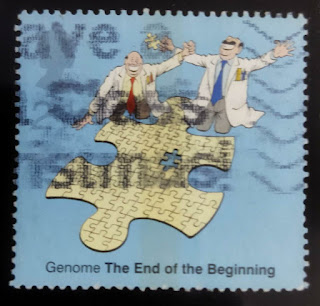Digital Learning Day is celebrated annually on the last Thursday of every February. This year, it takes place on February 29. This day is an ongoing initiative led by the Alliance for Excellent Education (All4Ed) to engage students and empower educators through the effective use of digital tools. In particular, the day seeks to highlight and recognize the forward-thinking educators who use technology in innovative ways to strengthen students’ learning experiences. For educators or prospective teachers looking to upskill or earn a degree, there are plenty of education scholarships available at Scholaroo.



.jpg)











.webp)
















.webp)















.jpg)